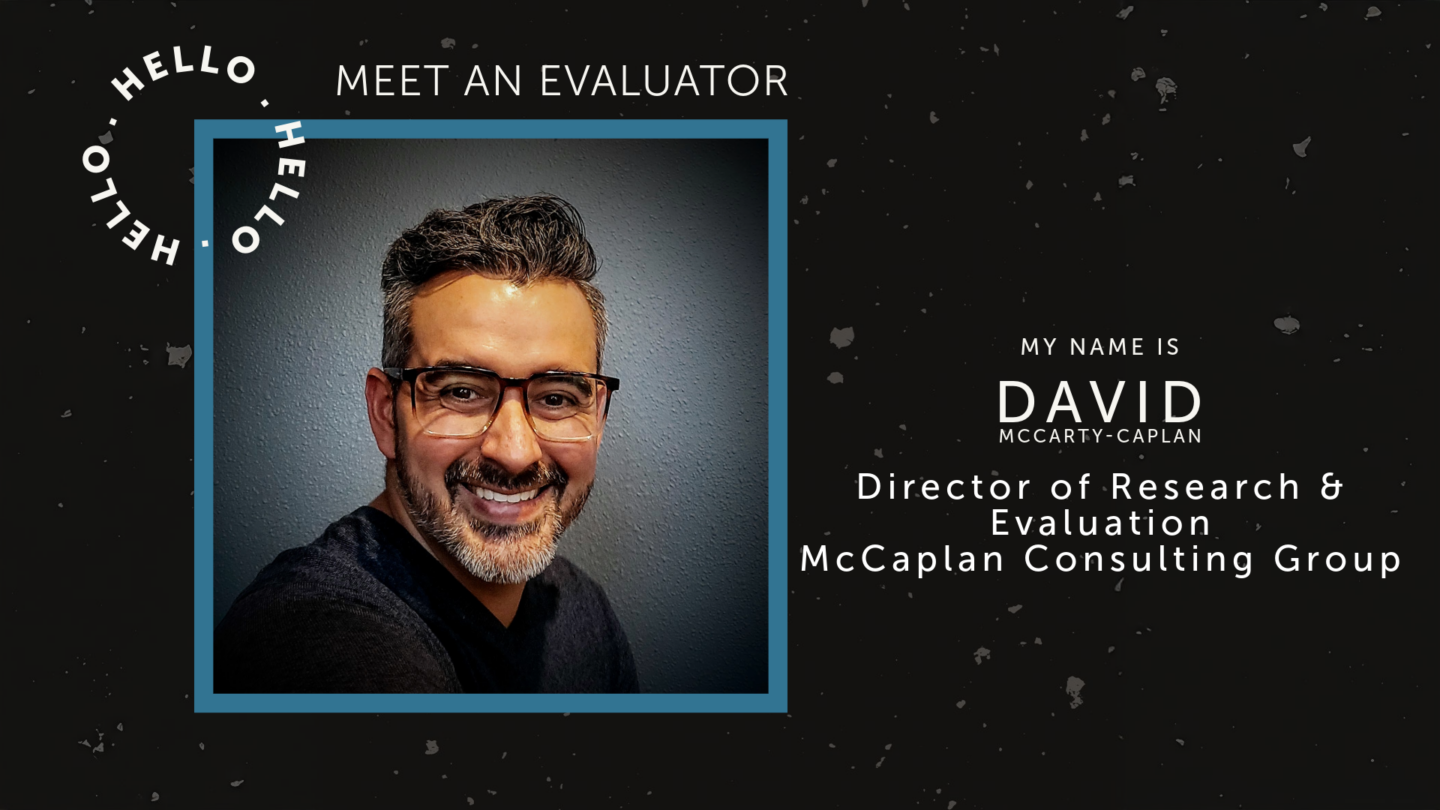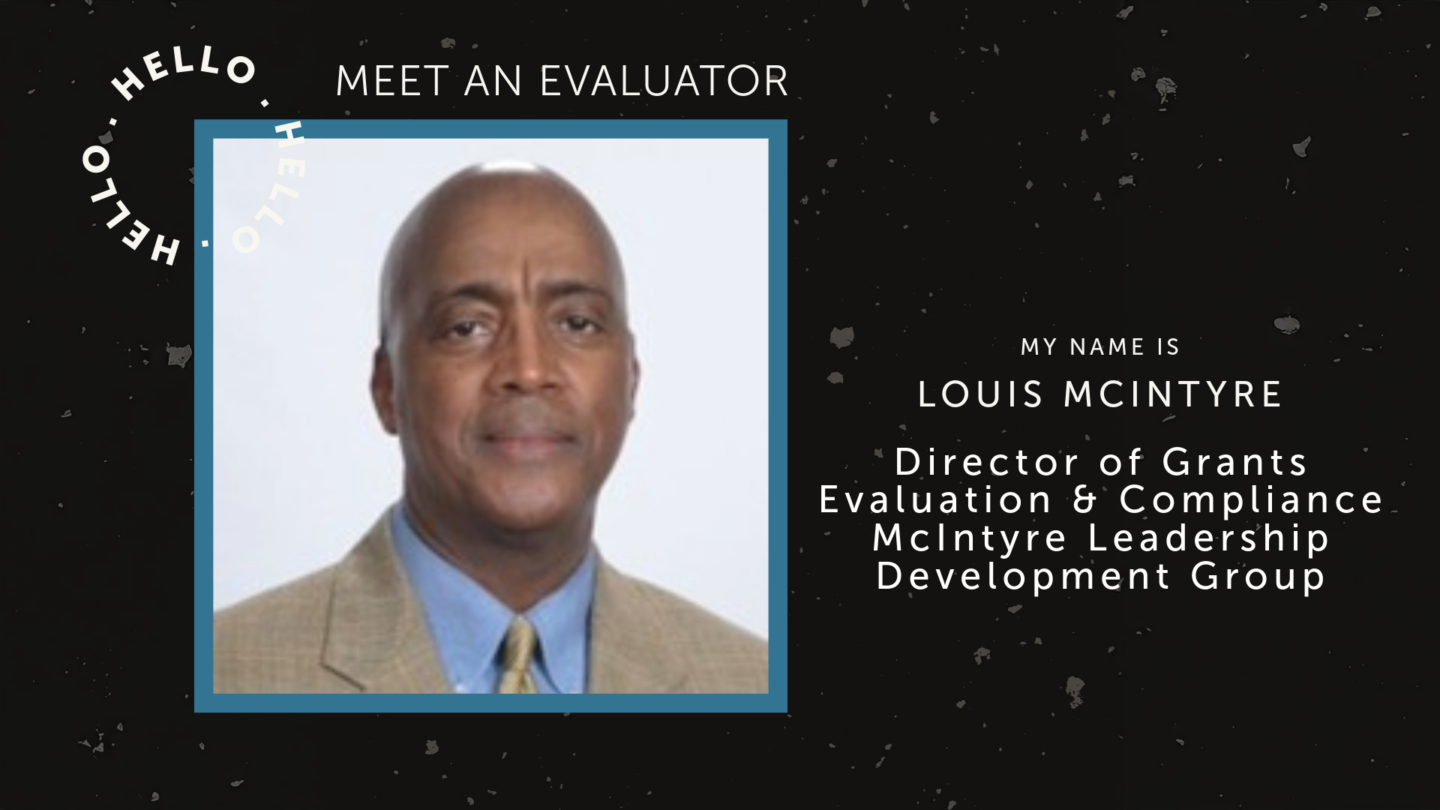
EvaluATE’s external evaluators at The Rucks Group reviewed the evaluation plans in a random sample of 169 ATE proposals across 14 years. They found that, over time, ATE proposals began to include substantially more information about how they would report on and share information from their evaluations. Yet, they still had a ways to go in terms of addressing this evaluation plan element. In this blog post, we share tips about what to do and not to do when describing how you will share evaluation findings about the ATE project you are proposing to NSF.
Describing Your Plan for Evaluation Reporting: What to Do
The current NSF ATE program solicitation says proposals should indicate “when reports will be submitted, and the frequency of communication between the external evaluator and project personnel.” EvaluATE recommends that ATE proposers include the following details about evaluation communication and reporting:
- How the results will be communicated to the project team
- The frequency with which the evaluator will communicate with the project team
- How evaluation results will be shared with external audiences who could benefit from the information
Including these key pieces of information about your evaluation demonstrates your commitment to getting information about the evaluation into the hands of people can who can use the information in a timely way.
Here’s an example from an evaluation plan that includes the essential information about reporting:
All findings will be communicated in an annual report and in informal meetings and communications, as appropriate.… Progress updates including project outputs and student impact results will be shared with educators and scientists at national professional meetings.
This example conveys a serious commitment to sharing the evaluation’s findings.
Describing Your Plan for Evaluation Reporting: What Not to Do
EvaluATE’s study found that the most commonly excluded information is detail about how the results will be shared with external audiences. This is notable, because there are two ATE-program-specific merit review criteria related to disseminating evaluation results. An intellectual merit criterion prompts reviewers to consider whether “the evaluation likely to provide useful information to the project and others.” A broader impact criterion asks, “Will the project evaluation inform others through the communication of results?”
Here’s an example of what it looks like when information about sharing beyond the project is omitted:
The evaluator will help complete Institutional Review Board protocols, as needed, and prepare one formative and one summative report per year.
This statement suggests the grant seekers are viewing the evaluation as a compliance requirement, rather than as an endeavor that should benefit their project and others.
Resources
For more tips about describing evaluation plans in ATE proposals, check out the Evaluation Plan Checklist for ATE Proposals and related resources in EvaluATE’s Evaluation Plan Toolkit for ATE Proposals. To learn more about EvaluATE’s review of ATE proposal evaluation plans, view the overview of findings, the scoring rubric, or our article in the American Journal of Evaluation.

Except where noted, all content on this website is licensed under a Creative Commons Attribution-NonCommercial-ShareAlike 4.0 International License.






 EvaluATE is supported by the National Science Foundation under grant number 2332143. Any opinions, findings, and conclusions or recommendations expressed on this site are those of the authors and do not necessarily reflect the views of the National Science Foundation.
EvaluATE is supported by the National Science Foundation under grant number 2332143. Any opinions, findings, and conclusions or recommendations expressed on this site are those of the authors and do not necessarily reflect the views of the National Science Foundation.